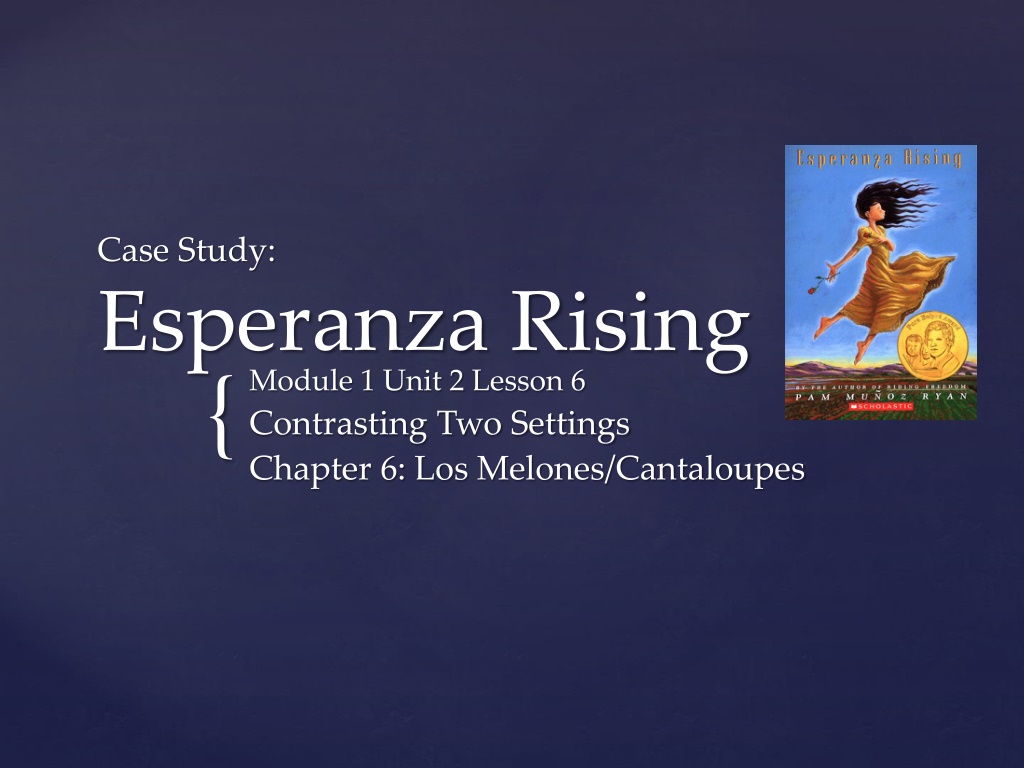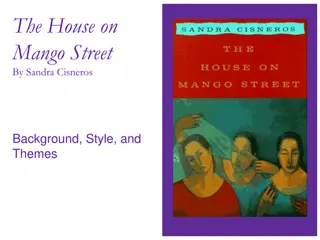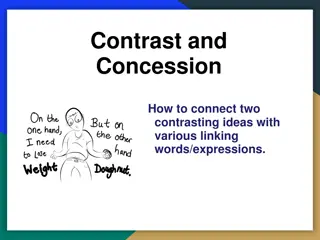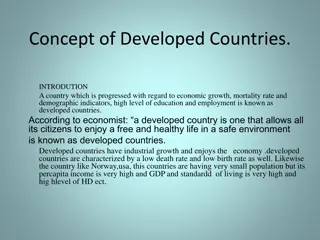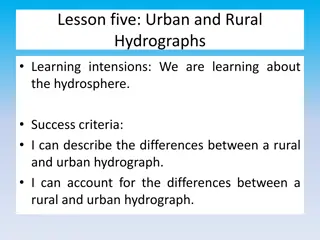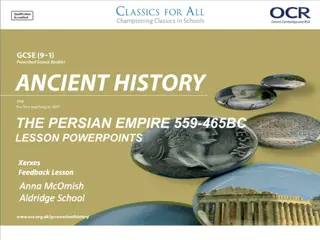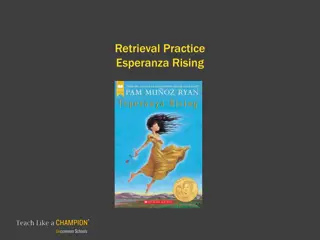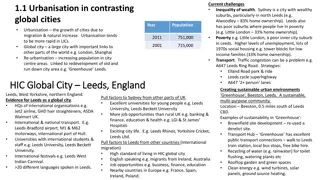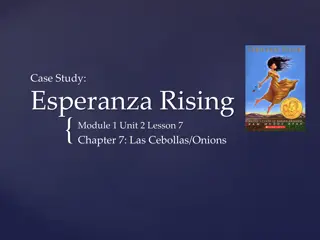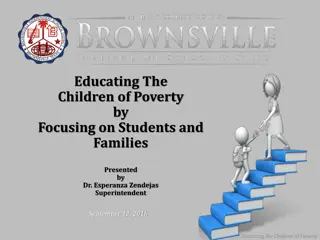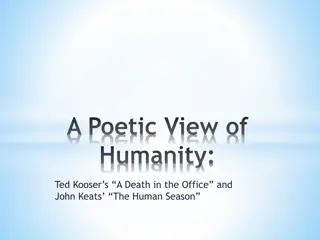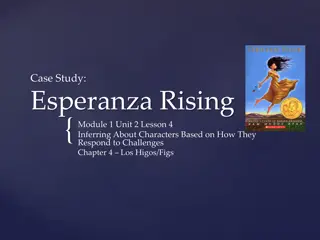Contrasting Settings in Esperanza Rising
In this lesson, students explore contrasting settings in the novel "Esperanza Rising" by analyzing Chapter 6, Los Melones/Cantaloupes. They learn about the term campesino, compare California to Mexico, and delve into text-dependent questions, examining the significance of words like "wilted" in describing characters. Through evidence from the text, students develop a deeper understanding of the story's settings and characters' experiences.
Download Presentation

Please find below an Image/Link to download the presentation.
The content on the website is provided AS IS for your information and personal use only. It may not be sold, licensed, or shared on other websites without obtaining consent from the author. Download presentation by click this link. If you encounter any issues during the download, it is possible that the publisher has removed the file from their server.
E N D
Presentation Transcript
Case Study: Esperanza Rising Module 1 Unit 2 Lesson 6 Contrasting Two Settings Chapter 6: Los Melones/Cantaloupes {
Learning Targets o I can answer text-dependent comprehension questions about Esperanza Rising using evidence to explain my ideas. o I can contrast the settings of the novel Esperanza Rising (California and Mexico) using evidence from the text.
Chapter 6 Los Melones/Cantaloupes o What is this chapter mostly about? o What does the term campesino mean? o It is the Spanish word for farmer. o Why do you think Pam Munoz Ryan titled this chapter Los Melones/Cantaloupes ? o Melons are the crop being harvested at this time. Esperanza sees melons in the fields as they drive passed the camps.
Comparing California to Mexico oHow do you think Esperanza s life will be different in California?
Comparing California to Mexico o On your Text-Dependent Question Sheet: 1. On page 81, the text says: Esperanza and Mama, their faces shiny with grime and perspiration, looked tired and wilted as they slumped with even the slight weight of their valises. Valise means suitcase. Based on context, what do you think the other italicized words in this sentence might mean? Why might the author have chosen specifically to use the word wilted to describe Esperanza and her mother?
Comparing California to Mexico o On your Text-Dependent Question Sheet: 1. On page 81, the text says: Esperanza and Mama, their faces shiny with grime and perspiration, looked tired and wilted as they slumped with even the slight weight of their valises. Valise means suitcase. Based on context, what do you think the other italicized words in this sentence might mean? Why might the author have chosen specifically to use the word wilted to describe Esperanza and her mother?
Comparing California to Mexico o On your Text-Dependent Question Sheet: 1. On page 81, the text says: Esperanza and Mama, their faces shiny with grime and perspiration, looked tired and wilted as they slumped with even the slight weight of their valises. Valise means suitcase. Based on context, what do you think the other italicized words in this sentence might mean? Why might the author have chosen specifically to use the word wilted to describe Esperanza and her mother?
Comparing California to Mexico o 1. On page 81, the text says: Esperanza and Mama, their faces shiny with grime and perspiration, looked tired and wilted as they slumped with even the slight weight of their valises. Valise means suitcase. Based on context, what do you think the other italicized words in this sentence might mean? Why might the author have chosen specifically to use the word wilted to describe Esperanza and her mother? o Perspiration might mean sweat, because the text says they are shiny and sweat makes you shiny. Wilted and Slumped might mean they are leaning over because the text says something about the weight of the valise so it might be heavy. The author might have used the word wilted because it make you think of a flower or plant that is dying or needs water and the reader can picture that in their minds.
Comparing California to Mexico o 2. On page 90, Esperanza is in California, driving to the camp. What specifically does she see? How does she react to this new setting? Find details from the text to explain your answer. o Esperanza saw brown barren mountains, golden hills, and canyons. She tries to find her own connection to the land by listening for the hearbeat. She stretched our on her stomach (p. 91). She doesn t hear it, and it makes her so upset that she passes out. She tried to find the place in her life where her heart was anchored She felt as if she was falling Suddenly the world went black (p. 92).
Comparing California to Mexico 3. At the very start of the novel, we meet Esperanza in Mexico as a little girl, with her father. How is Mexico different from California? What specific words or phrases in Chapter 6 of the novel help you understand the contrast between the two settings? In other words, what specific language does the author use to help us understand how different California is from Mexico? Use evidence from the text in your answer. o The beginning of the chapter states that the land is dry and the panorama was barren, which is different from the way the land on the ranch was. On page 87, it says: She looked around and was relieved to see that compared to the desert, Los Angeles had lush palms and green grass , roses were still blooming Maybe it wouldn t be so different here. It seems that this part of California is not that different from the ranch. The land changes again on page 90: the brown barren mountains dried grasses golden hills. o
